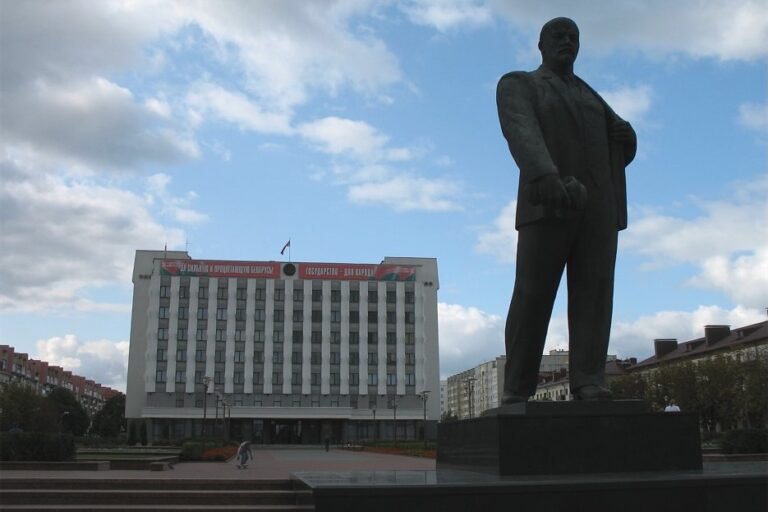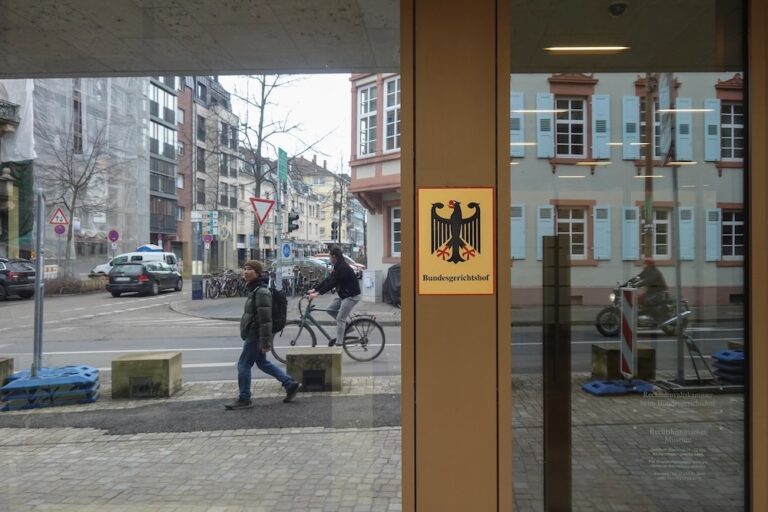Signatories to a letter to the European Parliament, including IFEX, stress that "a clear and coherent description of [the new Board's] available tools and obligations must be put in place, and the basis for its actions and recommendations must be clearly outlined."
This statement was originally published on epd.eu on 6 September 2023.
Public Letter on the role of the European Board for Media Services
Dear Members of the European Parliament,
As civil society and journalists’ organisations, we welcome the positive direction of the discussions regarding the European Media Freedom Act (EMFA) towards greater media freedom and pluralism. We are also pleased to note the overwhelming agreement between the European Parliament and the Council on the role and independence of the new European Board for Media Services (the Board), which is set to replace the European Regulators Group for Audiovisual Media Services (ERGA). The ability of the Board to act on its own accord and draft its own Rules of Procedure without a necessary agreement of the European Commission is a necessary requirement for the Board’s credibility, independence and effectiveness.
However, if such a wide range of autonomy is granted to the Board, a clear and coherent description of its available tools and obligations must be put in place, and the basis for its actions and recommendations must be clearly outlined. For instance, clear criteria on how to identify threats to or impact on editorial independence should be laid down in the EMFA itself. A definition of media services of general interest, and the criteria, assessment framework and process for determining their scope should also be agreed upon by the European Parliament as part of the EMFA, instead of leaving it to the Board to issue guidelines on such a definition in cooperation with national regulatory authorities. A clear and coherent definition would include at least adherence to self-regulatory requirements in terms of editorial independence, respect for journalistic standards, and transparency of media ownership.
Additionally, we are concerned about the composition of the proposed Non-Audiovisual Media Expert Group. While the Expert Group itself is a good way of including the voices of press and other media, the process and procedures for the selection of its members must be clearly and unequivocally defined in the EMFA to prevent national regulators appointing experts in a potentially arbitrary, biased or partisan way. Such an advisory group must be structured in a balanced way, to include representation from media (including broadcasters, and journalists’ organisations), civil society organisations, and academics. An equitable representation of the media should also be required, with an obligatory percentage of experts from sectors including publishers, broadcasters and journalists. Whilst the Board is responsible for drawing up its own Rules of Procedure, the setting of criteria and procedures for the selection of members for the Non-Audiovisual Media Expert Group should be outlined in the EMFA itself.
We call on the European Parliament to ensure that any potential expert group is diverse and independent, and that its members are chosen in a transparent and fair procedure based on non-discriminative criteria.



